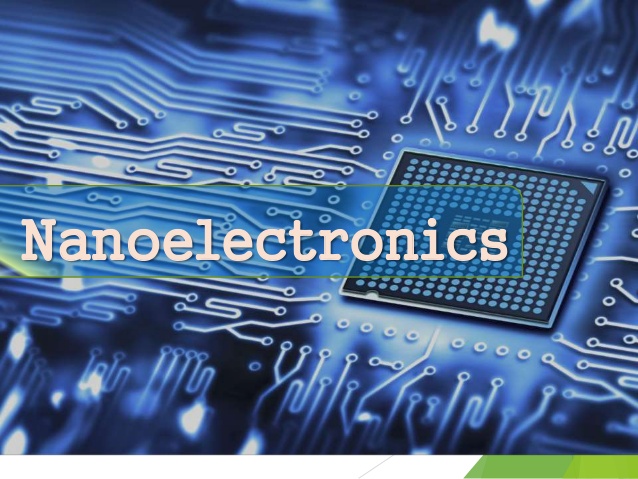Nano-telecommunication network with communication and processing potentials (PhD in nano-microelectronics)
Researcher and author: Dr. ( Afshin Rashid)
Note: In the molecular telecommunication system, the transmitter sends information by chemical molecules called information molecules and after propagation in the environment, it is received by the telecommunication receiver and decoded. Telecommunication theories play a special role in modeling, analyzing and designing molecular telecommunication systems.
A nano-network is a nano- scale communication network between nano-devices. Nano-devices face certain challenges in performance due to limitations in the ability to process power management . Therefore, these devices are expected to do simple tasks that require different and new approaches. Molecular telecommunications is a new information and communication solution that operates on the basis of biological mechanisms and systems. Two nanoparticles can communicate with each other through chemical signaling. In nanoelectronics, a telecommunication connection can be established between two mineral nanoparticles. This connection is the same as the two-way analog connection to chemical signals used in animals and plants to control organs or to communicate with other organisms.Nano Network Technology or Nano Network introduces a new set of tools to the engineering community to design nano machines.
Nano-devices are basic nano-functional devices that are able to perform very simple tasks. The nano-device is independent with limited energy, processing and communication. In addition, Nano-Network is a network of nano-devices, expanding the capabilities of a nano-device by providing a way to collaborate and share information. In general, nano-communication is the exchange of information at the nanoscale based on any wired or wireless connection of nano-devices in a nano-network. The nano-network has more communication and processing potentials that overcome the limitations of independent nano-devices through the cooperation of nano-devices. Nano-networks can transfer data to an external device such as a smartphone or gateway And enable nano-devices to communicate wirelessly with powerful external processing devices. This gateway can be connected to the Internet. When nano-networks connect to an Internet gateway, they activate a new network pattern called the Internet of Things (IoNT). Nano-communications expand the capabilities of nano-devices to enhance their features and expand the range of their applications. One of the most promising techniques for data exchange between nano-devices is electromagnetic communication (EM) in the terahertz band , which uses the electromagnetic wave as a carrier and uses its properties such as amplitude, phase and delay to encrypt / decrypt information. Be.
Conclusion :
In a molecular telecommunication system, the transmitter sends information by chemical molecules called information molecules, and after propagation in the environment, it is received by the telecommunication receiver and decoded. Telecommunication theories play a special role in modeling, analyzing and designing molecular telecommunication systems.
Researcher and author: Dr. ( Afshin Rashid)
PhD in Nano-Microelectronics




